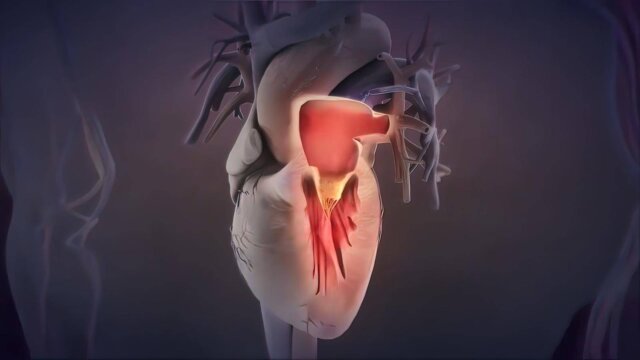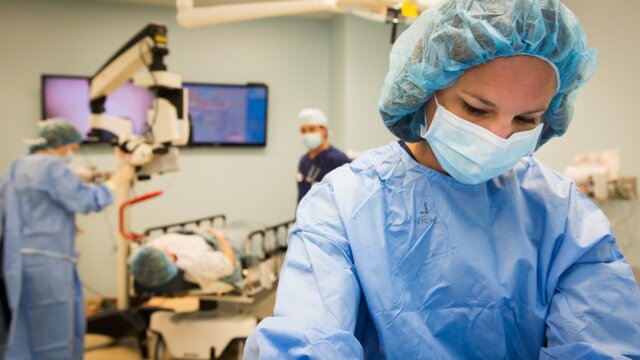FTC disclaimer: This post may contains affiliate links and we will be compensated if you click on a link and make a purchase.
Liver cancer is a serious issue. It’s the second most common cancer worldwide. In the U.S., it makes up about 2% of cancers. But in some poor countries, it’s up to half of all cancers.
This guide will help you understand liver cancer. We’ll cover its causes, symptoms, and treatments. This way, you can face this health challenge with knowledge.
Key Takeaways
- Liver cancer is a rapidly growing cancer type that can start in the liver (primary) or spread to the liver from another part of the body (secondary).
- Liver cancer often develops in people with underlying liver disease, such as cirrhosis, chronic hepatitis B or C, or certain inherited conditions.
- Symptoms may not appear until the later stages, so screening is important for early detection.
- Treatment options include surgery, radiation therapy, chemotherapy, and targeted drug therapy.
- The liver is a crucial organ that performs over 500 important functions, making liver cancer a serious and life-threatening illness.
What is Liver Cancer?
Liver cancer is a complex disease with two main types: primary and secondary liver cancer. Primary liver cancer starts in the liver. Secondary liver cancer begins elsewhere and spreads to the liver. Knowing the difference is key for treatment.
Primary vs. Secondary Liver Cancer
Primary liver cancer is the most common, divided into HCC and cholangiocarcinoma. HCC affects liver cells. Cholangiocarcinoma starts in the bile ducts. Secondary liver cancer comes from other cancers spreading to the liver.
Types of Primary Liver Cancer
HCC and cholangiocarcinoma are the main types of primary liver cancer. HCC is the most common, making up 80-90% of cases. Cholangiocarcinoma is less common, making up 10-20%. Other rare types include hemangiosarcoma, angiosarcoma, and hepatoblastoma.
It’s important for doctors to know the differences. This helps them give the right diagnosis and treatment.
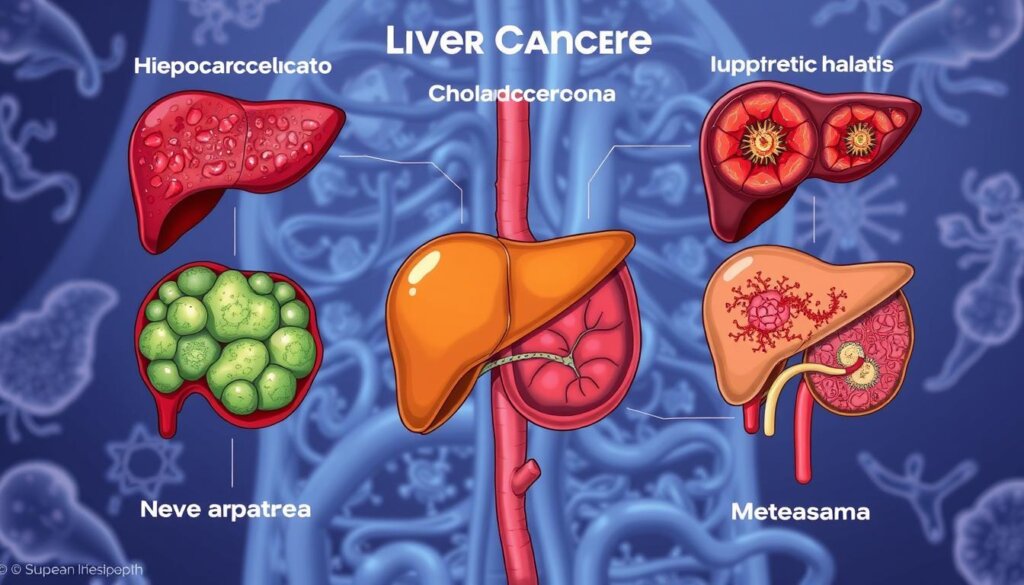
Causes and Risk Factors
Liver cancer has many causes and risk factors. Knowing these is key for early detection and treatment.
Chronic Liver Diseases
Cirrhosis is a big risk for liver cancer. It’s often caused by drinking too much alcohol or viral hepatitis. In the US, hepatitis C is a top cause of liver cancer.
Lifestyle and Environmental Factors
Drinking too much alcohol, smoking, and being overweight can raise liver cancer risk. Toxins like aflatoxins in some foods also increase risk.
Other risks include type 2 diabetes, rare genetic disorders, and exposure to harmful chemicals. Long-term use of anabolic steroids also slightly raises cancer risk.
Some groups face higher risks. For example, Asian Americans and Pacific Islanders in the US have high liver cancer rates. Hepatitis B is a big factor in this.
Risk Factor | Contribution to Liver Cancer |
|---|---|
Cirrhosis | Present in over 50% of liver cancer cases |
Hepatitis B and C | Most common risk factors worldwide |
Alcohol Abuse | Leading cause of cirrhosis and linked to increased liver cancer risk |
Smoking | Increases the risk of liver cancer |
Obesity | Linked to an increased risk of developing liver cancer |
Aflatoxins | Cancer-causing substances found in certain foods, a major risk factor |
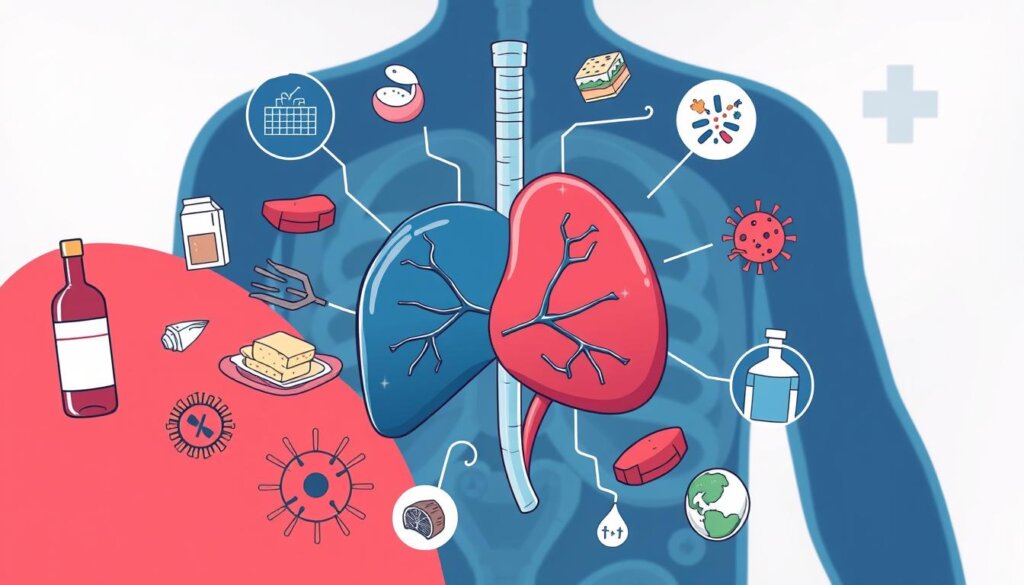
Symptoms of Liver Cancer
In the early stages, liver cancer often goes unnoticed. It usually doesn’t show any noticeable symptoms. But as it progresses, several common signs and symptoms may appear.
One common symptom is unintentional weight loss. Patients may also lose their appetite, leading to more weight loss. Upper abdominal pain, nausea, and vomiting are also common.
- General weakness and fatigue
- Abdominal swelling
- Jaundice (yellowing of the skin and eyes)
- White or chalky stools
- Fever
- Enlarged veins on the abdomen
- Abnormal bruising or bleeding
Liver cancer, or hepatocellular carcinoma (HCC), causes over 12,000 deaths per year in the United States. It’s one of the fastest-growing cancers in the country. Early detection is key, as screening programs using ultrasound can find liver cancer before symptoms show.
Symptom | Description |
|---|---|
Weight Loss | Unintentional weight loss is a common symptom of liver cancer. |
Appetite Loss | Patients may experience a loss of appetite, leading to further weight decline. |
Abdominal Pain | Upper abdominal pain is a common occurrence in liver cancer patients. |
Jaundice | Yellowing of the skin and eyes, known as jaundice, can be a sign of liver cancer. |
Bleeding | Abnormal bruising or bleeding may be observed in liver cancer patients. |
If you notice any of these symptoms, see your healthcare provider right away. Liver cancer can be managed with the latest technology, research, and care techniques.
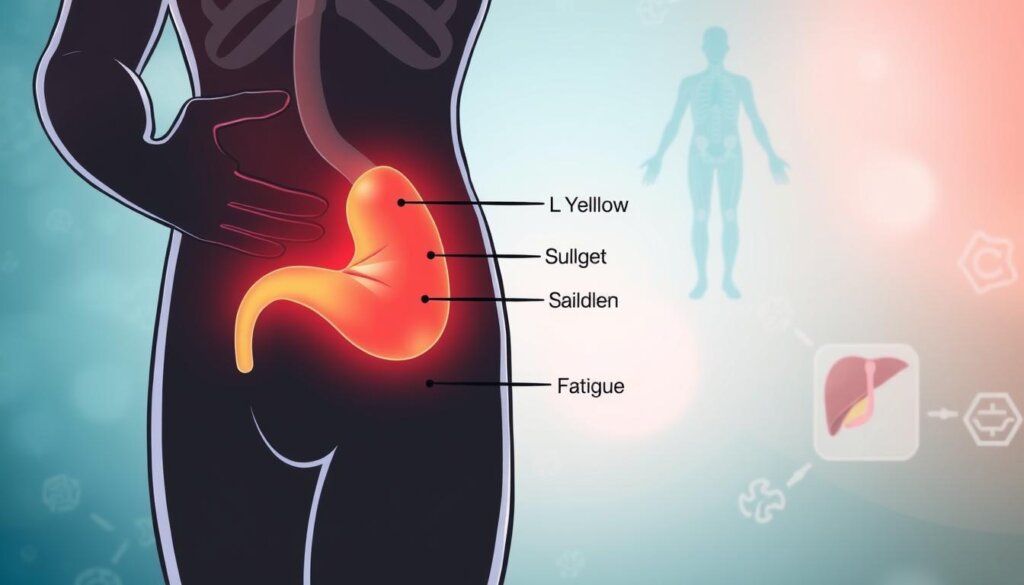
Diagnosis and Staging
Diagnosing liver cancer often uses blood tests, imaging tests, and sometimes a biopsy. Blood tests can show liver function issues. They also check for alpha-fetoprotein levels, which can mean liver cancer. Tests like ultrasound, CT scan, and MRI find and locate liver tumors.
Blood Tests
Blood tests start the liver cancer diagnosis. They look for certain enzymes and proteins, like alpha-fetoprotein (AFP).
Imaging Tests
Imaging tests are key for diagnosing and staging liver cancer. Ultrasound, CT scan, and MRI help find and check liver tumors. These tests show tumor size, location, and if it has spread.
Staging Methods
After diagnosing liver cancer, staging tests find out how big and spread the tumor is. The AJCC TNM system is common in the US. It looks at tumor size, lymph nodes, and metastasis. Other systems, like BCLC and Okuda, focus on liver function and tumor details.
Staging System | Key Factors | Stages |
|---|---|---|
AJCC TNM | Tumor size and invasiveness, lymph node involvement, metastasis | Stage I to Stage IV |
BCLC | Tumor size, liver function, and performance status | Very early, Early, Intermediate, Advanced, and End-stage |
Okuda | Tumor size, liver function, and ascites | Stage I, II, and III |
Knowing the stage of liver cancer is key for treatment. Advanced stages often can’t be treated with surgery. But, early stages might be removed or treated with a liver transplant. This helps doctors plan the best treatment for each patient.
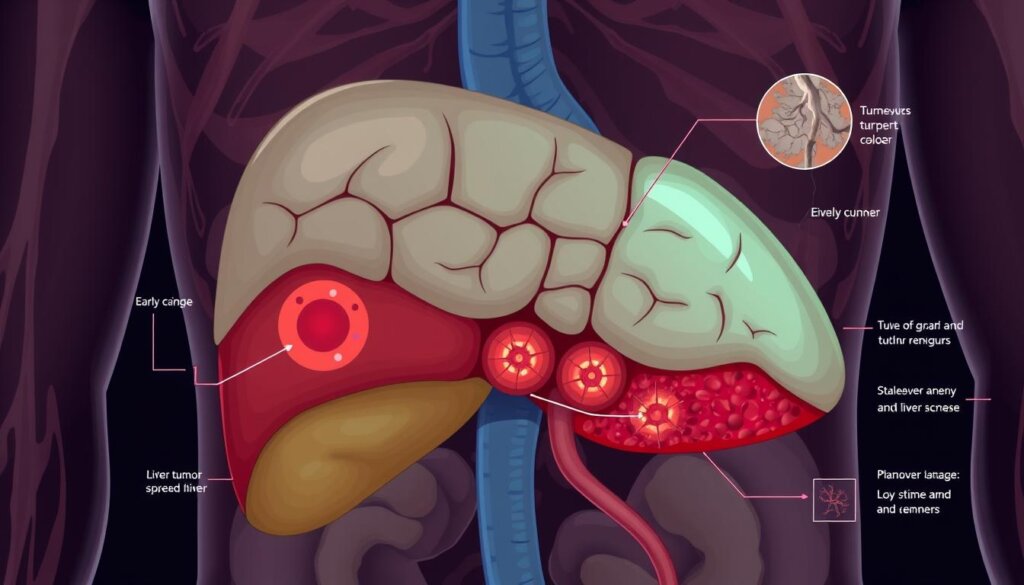
Liver Cancer Treatment Options
The treatment for liver cancer varies based on several factors. These include the tumor’s stage and location, and the patient’s health. Patients may have many options, from surgery to drug therapies and new immunotherapy methods.
Surgery
Surgery is an option for some with liver cancer. It can involve removing tumors through liver resection or a transplant. However, only a few can have surgery or a transplant, making it rare.
Radiation Therapy
Radiation therapy can destroy cancer cells and manage symptoms of advanced liver cancer. It includes treatments like conformal radiation therapy and proton beam radiation therapy.
Chemotherapy
Chemotherapy kills cancer cells and can be given through a vein or in pill form. For advanced liver cancer, new treatments like immunotherapy and targeted drugs are being tested.
Targeted Drug Therapy
Targeted therapies for advanced liver cancer include drugs like bevacizumab and sorafenib. These drugs target cancer cells and can make them die.
For liver cancers that can’t be removed but haven’t spread, treatments like ablation and targeted therapy can help. For cancers that have spread, treatments like immunotherapy and targeted drugs are used.
Clinical trials are key in finding new treatments for liver cancer. They explore new therapies, including targeted drugs, immunotherapy, and radiation therapy.
“The treatment approach for liver cancer is highly individualized and depends on the specific characteristics of the disease and the patient’s overall health. A multidisciplinary team of healthcare providers work together to develop the most appropriate treatment plan.”
Liver Cancer and the Role of the Liver
The liver is key to our health, doing over 500 important jobs. It filters blood, makes nutrients and drugs useful, and removes toxins. It also helps with blood clotting. Liver cancer can stop it from doing these jobs, causing health problems. Knowing how vital the liver is helps us see how serious liver cancer is.
Hepatocellular carcinoma (HCC) is the most common liver cancer. It often happens in people with chronic liver diseases, like cirrhosis from hepatitis B or C. People with long-term liver diseases or scarring from hepatitis B or C are at higher risk. Drinking a lot of alcohol or having too much fat in the liver also increases the risk.
There are also rare types of liver cancer, like Angiosarcoma and Hemangiosarcoma. Liver cancer often doesn’t show symptoms until it’s big or has spread. Finding and treating it early is very important.
Tests for liver cancer include ultrasound, CT scans, MRI, and lab tests for AFP. A liver biopsy might also be done. Liver cancer is staged from 1 to 4, with higher numbers meaning it’s spread more. Treatments include surgery, tumor ablation, and chemotherapy.
Surgery, like liver resection or transplant, is the main way to try to cure liver cancer. Other treatments like ablation and targeted therapies are used based on the cancer’s stage and type. Understanding the liver’s role and how liver cancer affects it is key to treating it effectively.
Living with Liver Cancer
Living with liver cancer is tough, but there are ways to make it better. The disease’s outlook depends on several things like the cancer’s stage and your health. New treatments are helping people live longer. Getting help from doctors, family, and support groups is key to dealing with the disease’s effects.
Liver cancer can change how you feel and look. Symptoms like yellow skin, losing weight, and feeling very tired can affect your life. It’s hard to keep up with work and family duties because of this. You also have to handle money matters like benefits and grants. Social workers and hospital teams can help with these problems.
It’s important to see your doctor regularly if you’ve had liver cancer. Doctors might want you to have tests and blood work every few months for a couple of years. If you have hepatitis B or C, you might need special treatment to keep the virus under control. Always tell your doctor if you notice any new symptoms.
While there’s no sure way to prevent liver cancer from coming back, staying healthy is good. Having support from loved ones and support groups can help with your feelings.
It’s important to keep working on finding a cure for liver cancer. World Liver Day on April 19th helps raise awareness about liver diseases. Groups like the British Liver Trust are working hard to fight liver cancer and help patients.
“Living with liver cancer can be a complex and challenging experience, but with the right support and resources, patients can maintain their quality of life and find ways to manage the physical and emotional aspects of the disease.”
| Key Considerations for Living with Liver Cancer |
|---|
|
Liver Cancer Prevention
While we can’t always stop liver cancer, there are ways to lower your risk. Getting the hepatitis B vaccine and drinking less alcohol are key steps. Also, staying at a healthy weight and avoiding harmful substances can help.
Lifestyle Changes
Changing your lifestyle is a great way to prevent liver cancer. Getting the hepatitis B vaccine is important because it fights chronic infections. Drinking less and quitting smoking also helps, as they increase cancer risk.
Keeping a healthy weight and managing diseases like diabetes can also help. Eating right and avoiding toxins like aflatoxins is good too.
Screening and Early Detection
Screening for liver cancer is vital, especially for those at high risk. The CDC says all adults should get tested for hepatitis B and C at least once. Finding liver cancer early can make treatment more effective.
By tackling risk factors and getting screened, you can help prevent liver cancer and stay healthy.
“Prevention is the best medicine when it comes to liver cancer. By making healthy lifestyle choices and staying on top of recommended screenings, you can significantly reduce your risk of this devastating disease.”
American Cancer Society. (2022).Liver Cancer Prevention and Early Detection. Retrieved from https://www.cancer.org/cancer/liver-cancer/prevention-and-early-detection.htmlCenters for Disease Control and Prevention. (2022).Liver Cancer. Retrieved from https://www.cdc.gov/cancer/liver/index.htm
Liver Cancer Prognosis
The outlook for liver cancer depends on many things. The disease’s stage, the type of cancer, the person’s health, and how well they respond to treatment are all important.
Liver cancer is tough to treat, but new treatments have helped. For those with early cancer, the 5-year survival rate is 37%. If they get a liver transplant, it can go up to 60% to 70%.
The survival rate changes with the disease’s stage. For regional cancer, it’s 14%. For distant cancer, it drops to 4%. But for all stages, the 5-year survival rate is 22%.
Those who can have surgery do better than those who can’t. More than 45% of stage 1 patients live for 4 years or more. But only about 5% of stage 4 patients make it that long.
Liver cancer’s outlook is getting better, but it’s still tough. Early detection and the right treatment are key to better survival rates.
“With early detection and appropriate treatment, many patients with liver cancer can achieve long-term survival or even remission.”
Emerging Therapies and Research
Researchers and healthcare providers are working hard to find better treatments for liver cancer. They are looking into targeted drug treatments and immunotherapies. These methods aim to block cancer cells and use the body’s immune system to fight the disease.
Clinical trials are testing these new ways to manage liver cancer. This gives hope to patients and their families as we learn more about this complex disease.
- Hepatocellular carcinoma (HCC) is the most common liver cancer in adults in the United States.
- Less than 10% of people with cirrhosis will get HCC.
- In 2020, scientists at NCI created a blood test. It correctly found people with chronic liver disease who would later get HCC, even 10 years before.
For a long time, sorafenib (Nexavar) was the only treatment for advanced HCC. But, new breakthroughs have led to the FDA approving several new treatments for HCC and ICC, the second most common liver cancer.
Treatment | Approval | Details |
|---|---|---|
Dabrafenib and Trametinib | FDA approved | Combination therapy for ICC patients with a specific BRAF gene mutation (around 5% of ICC cases). |
Futibatinib | FDA approved | Approved for ICC treatment in patients with a genetic change fusing the FGFR2 gene (around 15% of ICC cases). |
Tremelimumab and Durvalumab | FDA approved in 2022 | Immunotherapy combination approved for HCC that cannot be surgically removed. |
Durvalumab plus Gemcitabine and Cisplatin | FDA approved in 2022 | Immunotherapy-plus-chemotherapy combination approved for the treatment of ICC. |
These new treatments in liver cancer research bring hope to patients and their families. As we learn more about liver cancer, researchers keep working on new immunotherapy and targeted therapy methods. They do this through clinical trials and teamwork.
“The approval of these new treatments is a significant milestone in the fight against liver cancer, providing patients with more options and better outcomes.”
Conclusion
Liver cancer is a tough disease that needs a deep understanding of its causes and treatments. This article has given you a better view of liver cancer’s global impact. You now know about the different ways to manage it.
Even though liver cancer is a big challenge, new research, and medical care are giving hope. By getting early diagnosis and trying new treatments, you can improve your life. Research on liver cancer is moving forward, offering a brighter future for those with the disease.
Remember, you’re not alone in your fight against liver cancer. There are support groups, doctors, and new treatments to help you. With hard work and care for your health, you can beat the odds and look forward to a healthier tomorrow. The key points about liver cancer in this article will help you stay informed and make good choices for your care.
FAQ
What is the difference between primary and secondary liver cancer?
Primary liver cancer starts in the liver. Secondary liver cancer starts in another part of the body and spreads to the liver.
What are the main types of primary liver cancer?
The main types are hepatocellular carcinoma and cholangiocarcinoma. Hepatocellular carcinoma starts in liver cells. Cholangiocarcinoma starts in bile ducts.
What are the risk factors for developing liver cancer?
Risk factors include chronic liver diseases and obesity. Diabetes, toxins, and inherited disorders also increase risk. Lifestyle factors like alcohol and smoking play a role too.
What are the common symptoms of liver cancer?
Early liver cancer often has no symptoms. As it grows, symptoms include weight loss and pain. Other signs are nausea, fatigue, and swelling.
How is liver cancer diagnosed and staged?
Diagnosis uses blood tests and imaging like ultrasound and CT scans. A biopsy might be needed. Staging tests determine the tumor’s size and spread.
What are the treatment options for liver cancer?
Treatments include surgery, radiation, and chemotherapy. Targeted and immunotherapy drugs are also used. The best treatment depends on the cancer’s stage and the patient’s health.
How does liver cancer affect the body?
The liver filters blood and metabolizes nutrients. It removes toxins and regulates blood clotting. Liver cancer can impair these functions, causing health problems.
What is the prognosis for someone with liver cancer?
The prognosis depends on the cancer’s stage and the patient’s health. New treatments are improving survival rates. Early detection and treatment are crucial.
How can liver cancer be prevented?
Preventive steps include getting vaccinated for hepatitis B and limiting alcohol. Maintaining a healthy weight and avoiding toxins are also important. Regular screening for high-risk individuals helps in early detection.
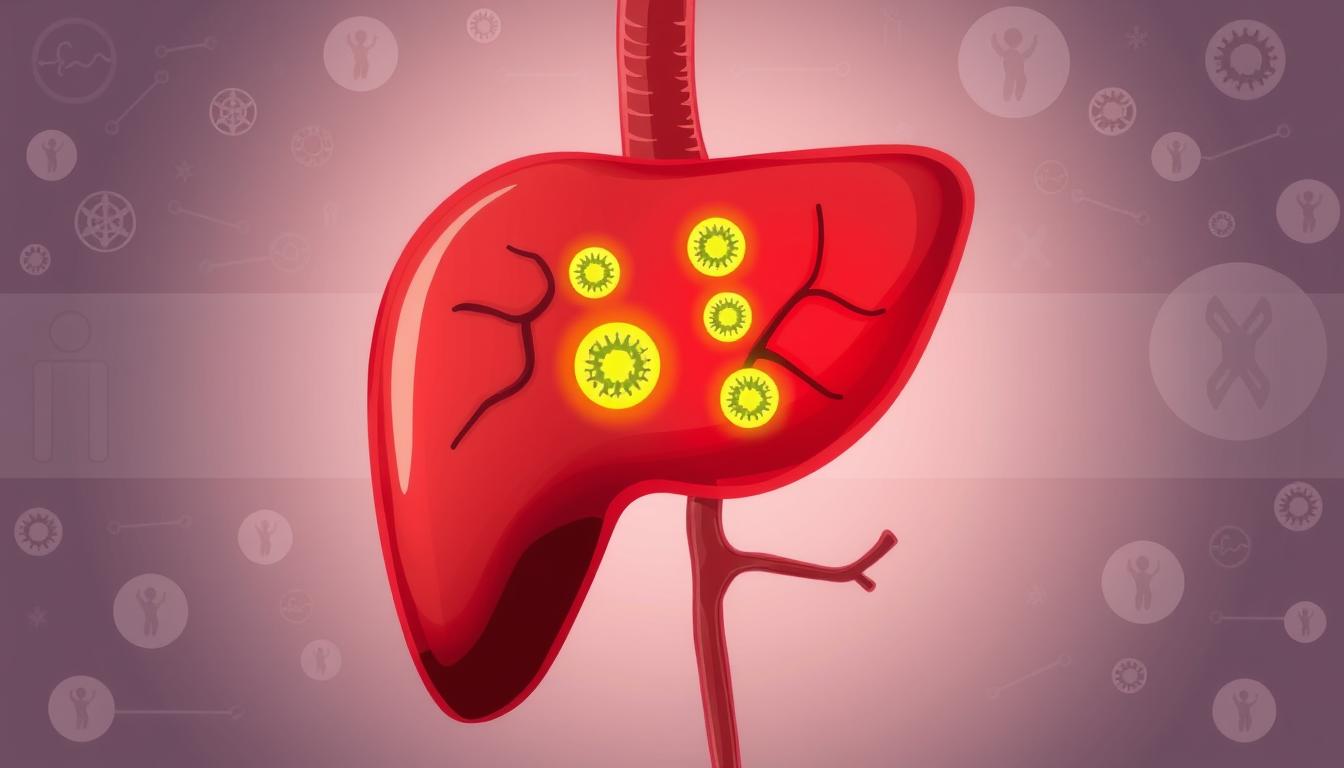
![Aloe vera for Acne: Is Aloe Vera good for acne? [Ultimate Guide]](https://healthyious.com/wp-content/uploads/2020/01/Aloe-vera-for-Acne-Is-Aloe-Vera-good-for-acne-Ultimate-Guide-640x360.jpg)

